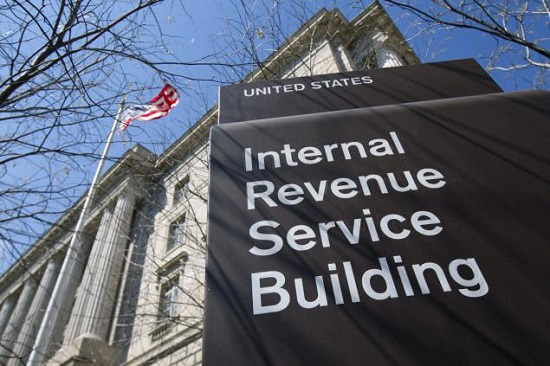Suppose one of your clients is temporarily working far away from home when he or she gets the itch to come home for the weekend. So the client books the first available flight in and out and pays a hefty price for the privilege. Saving grace: At least the client can deduct the cost of traveling back and forth from home on Form 1040. In other words, the federal government is subsidizing the cost of the flights!
Does this tax break sound too good to be true? It’s not. In fact, the IRS provides a blueprint for deducting such expenses in its own Publication 17, Your Federal Income Tax (see sidebar).
In essence, when you’re traveling away from home on a temporary assignment, you can deduct your travel expenses – including meals and lodging – in between your temporary place of work and your tax home during a weekend visit. The expenses can’t exceed the amount it would have cost you to stay at your temporary workplace.
What’s more, an employee’s company may be glad to pick up the tab on a weekend trip home if you’re staying in a place where the cost of lodging and meals is high. The trip home might cost less than the expense of putting you up in a pricey hotel.
Hypothetical example: Your client is away on a temporary assignment in a distant city. She is staying in a hotel downtown that costs $300 a day and her daily meals run around $500. So it will cost her $1,000 to remain in the city for the weekend.
Now say that she decides to fly home for the weekend instead. If the airfare costs $800 and her employer pays for it, the company may deduct the entire $800, while the client travels home for free. If the airfare costs, say, $1,050 because the client upgrades to a first-class seat, the company can still deduct $1,000. The additional $50 would be treated as taxable compensation to the client.
The IRS defines a “temporary assignment” is one that is realistically expected to last (and does last) for one year or less. However, if the assignment is expected to last longer than one year, it is treated as an indefinite assignment, even if you complete the work in less than one year. As a result, a client can use this technique for projects lasting as short as just a few weeks or as long as a number of months.
Note that the client should check out of the hotel room during the weekend trip home. The reason is that the company can’t deduct the cost of both the hotel room and the personal trip home. If the employee doesn’t check out, the company may still deduct the lodging expenses, but the deduction for the trip home is limited to the amount allowed for meals while away on business.
Many of your clients are probably unaware of this tax break. When appropriate, point out the tax advantages of taking a weekend trip home while away on business.
==========
On page 176 of IRS Pub. 17, in the section on temporary assignments, the IRS says:
“Going home on days off. If you go back to your tax home from a temporary assignment on your days off, you are not considered away from home while you are in your hometown. You cannot deduct the cost of your meals and lodging there. However, you can deduct your travel expenses, including meals and lodging, while traveling between your temporary place of work and your tax home. You can claim these expenses up to the amount it would have cost you to stay at your temporary place of work.
If you keep your hotel room during your visit home, you can deduct the cost of your hotel room. In addition, you can deduct your expenses of returning home up to the amount you would have spent for meals had you stayed at your temporary place of work. “
Thanks for reading CPA Practice Advisor!
Subscribe Already registered? Log In
Need more information? Read the FAQs
Tags: Income Taxes




